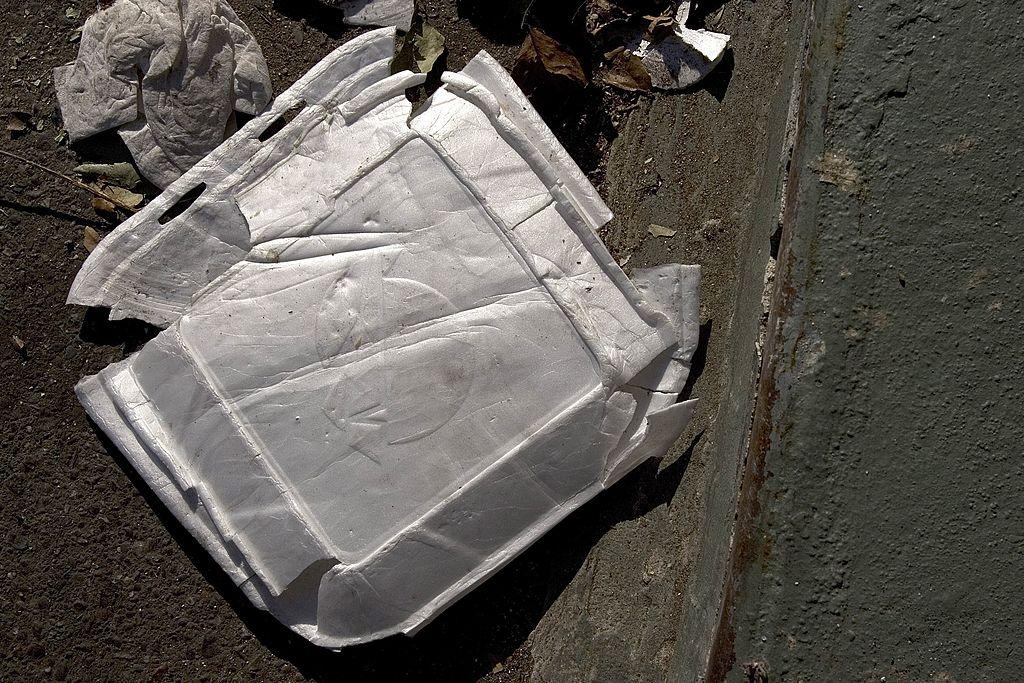SAN DIEGO—Styrofoam products are on their way out in San Diego following Nov. 15’s City Council approval of an ordinance banning all single-use polystyrene foam food containers, utensils, coolers, and pool toys effective next year.
According to a staff presentation at Tuesday’s meeting, while Styrofoam products are accepted in the city’s blue recycling bins, it is difficult to find a market willing to recycle them, and they often are sent to the landfill—if they don’t break up into tiny pieces and get into the region’s environment first.





